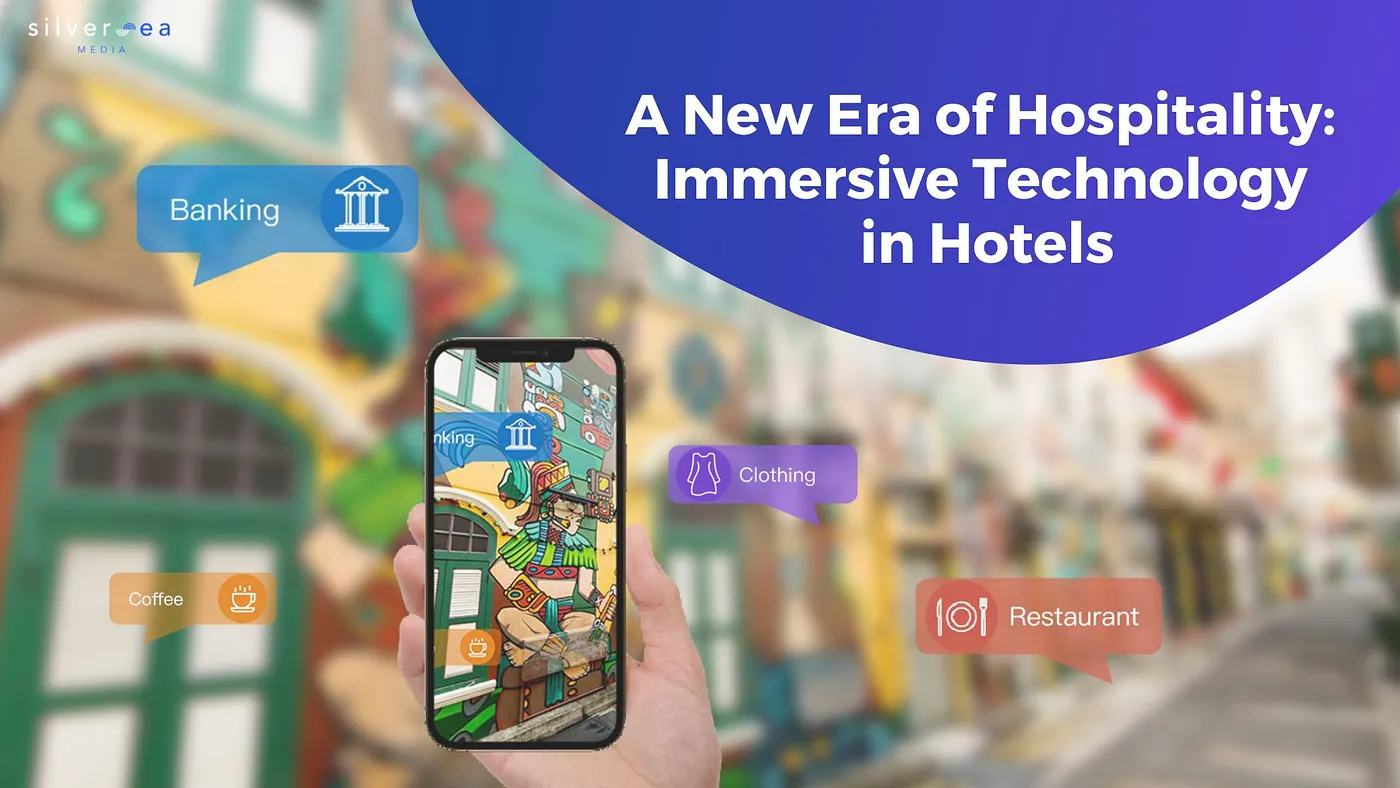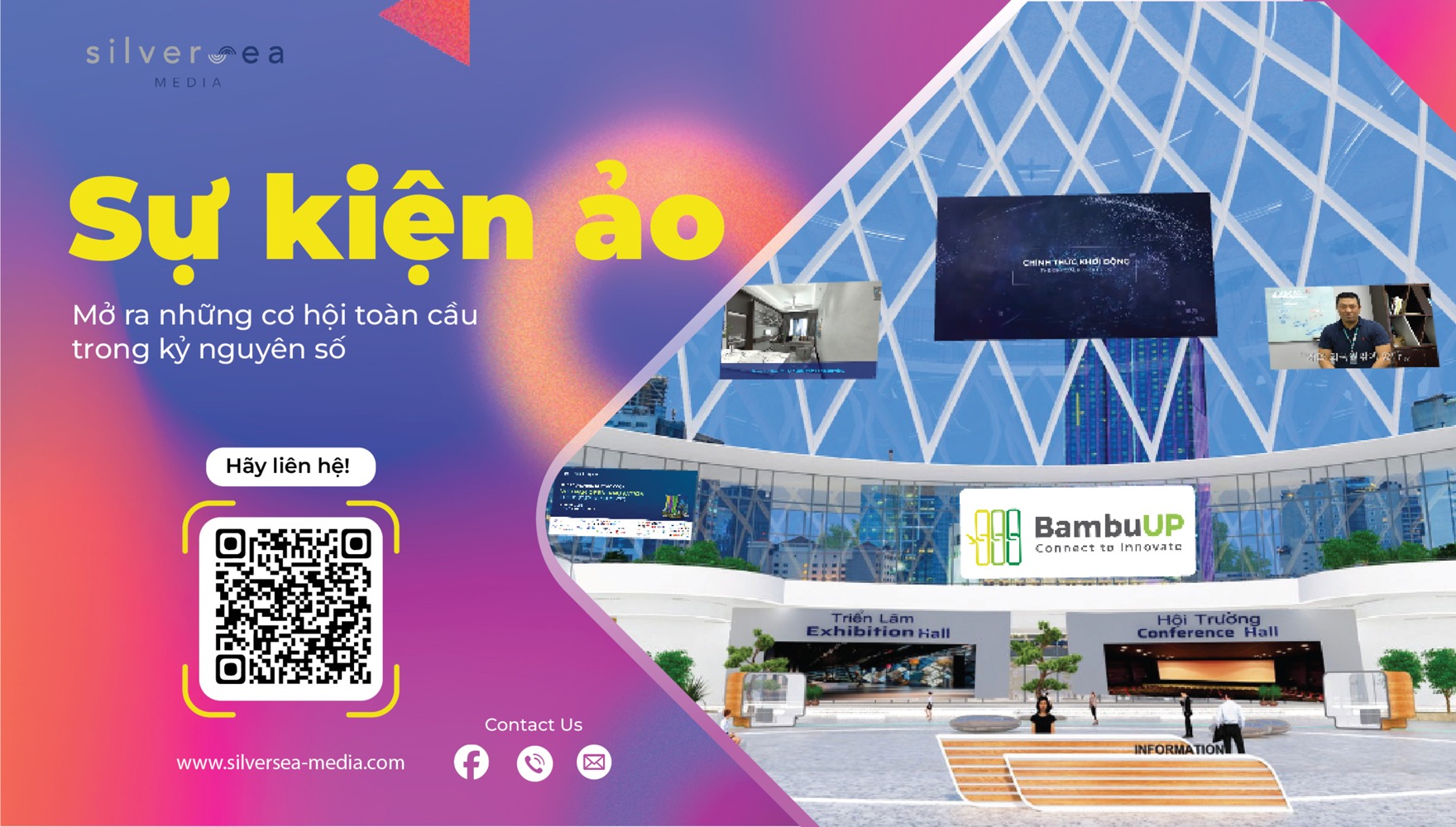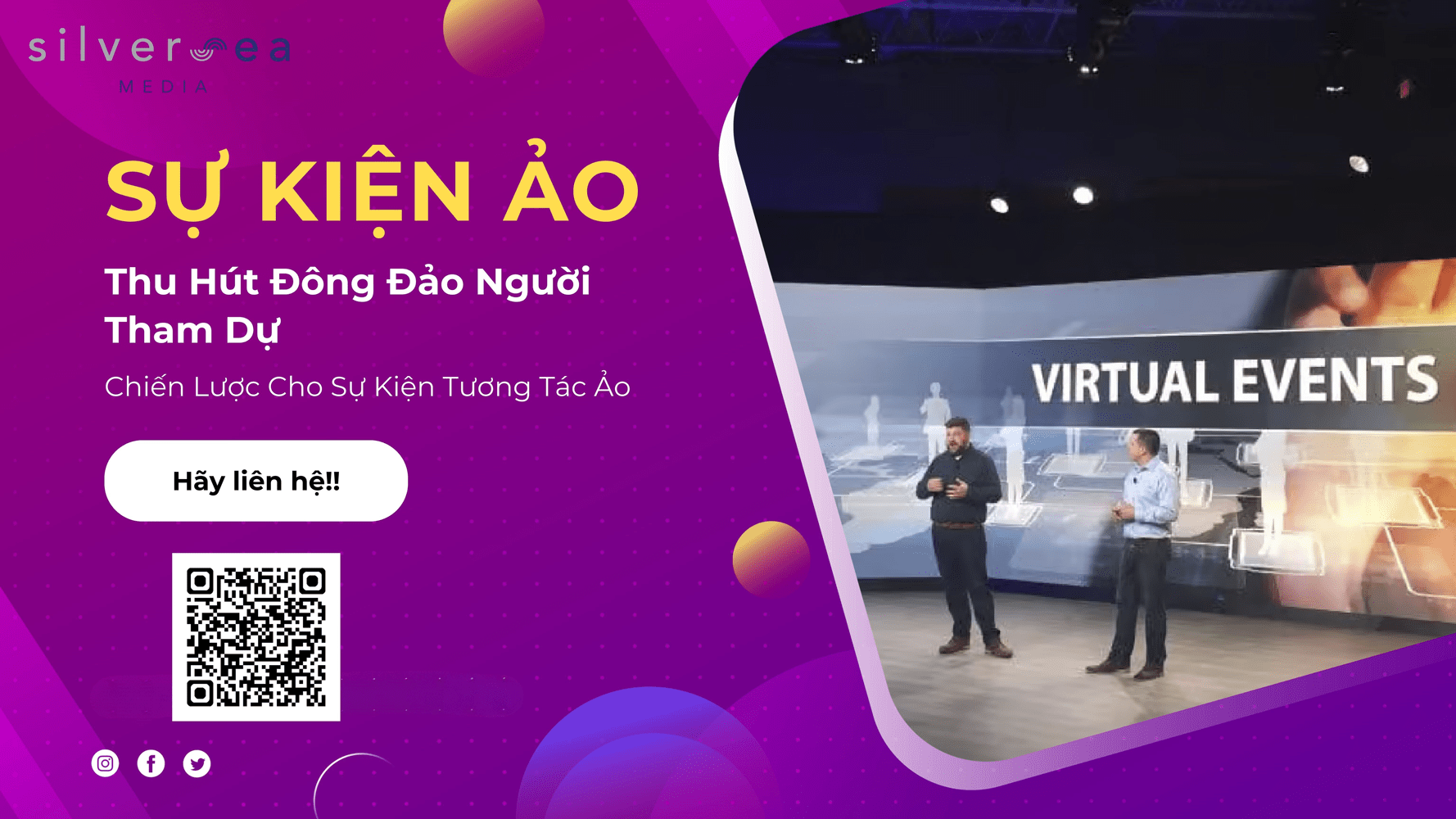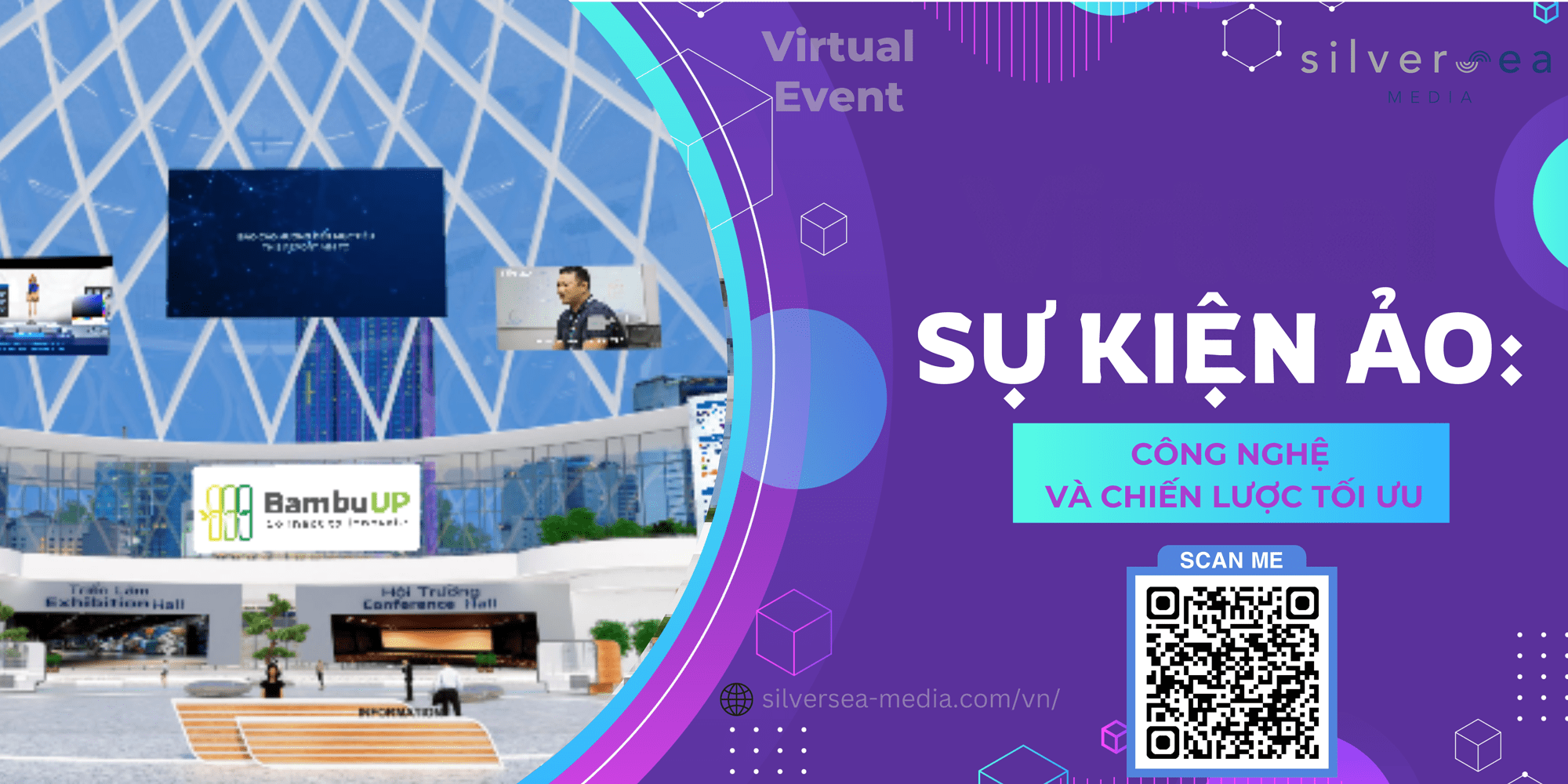As the travel and hospitality landscape continues to evolve, cutting-edge technologies like augmented reality (AR) and virtual reality (VR) are revolutionizing how we experience destinations, accommodations, and leisure activities. From transforming the guest journey to reshaping marketing strategies, immersive technologies are unlocking endless possibilities for hotels, resorts, and travel businesses.
Join us as we delve into the creative uses of immersive technology within the hotel industry!
1. Drive Bookings with Immersive Virtual Hotel Tours
Augmented and virtual reality have emerged as the pivotal forces reshaping guest engagement for hotels, resorts, and travel destinations. They offer a blend of interactivity and storytelling that can captivate guests like never before. For example, a virtual tour can be placed on hotels’ websites to show customers around the property, preview their room interior, and discover hotel facilities even before booking or arriving. The 360-degree view offered by virtual tours for hotel rooms enables guests to thoroughly assess the accommodations’ layout, size, and features — leading to more informed and confident booking decisions.

2. Effortless On-site and Remote Wayfinding
Immersive wayfinding solution simplifies the process of managing routes and provides stunning 3D visual cues for efficient guidance. Using technology such as AR and VR, you can offer guests an immersive and user-friendly way to navigate large, intricate hotel complexes. These technologies cater to both on-site wayfinding involving real-time location tracking and remote wayfinding through virtual tours.
Wayfinding in a virtual tour breaks down geographical barriers and offers an unparalleled sense of presence and immersion. Users can remotely control their viewpoint, movement, and interactions, becoming part of the distant environment.
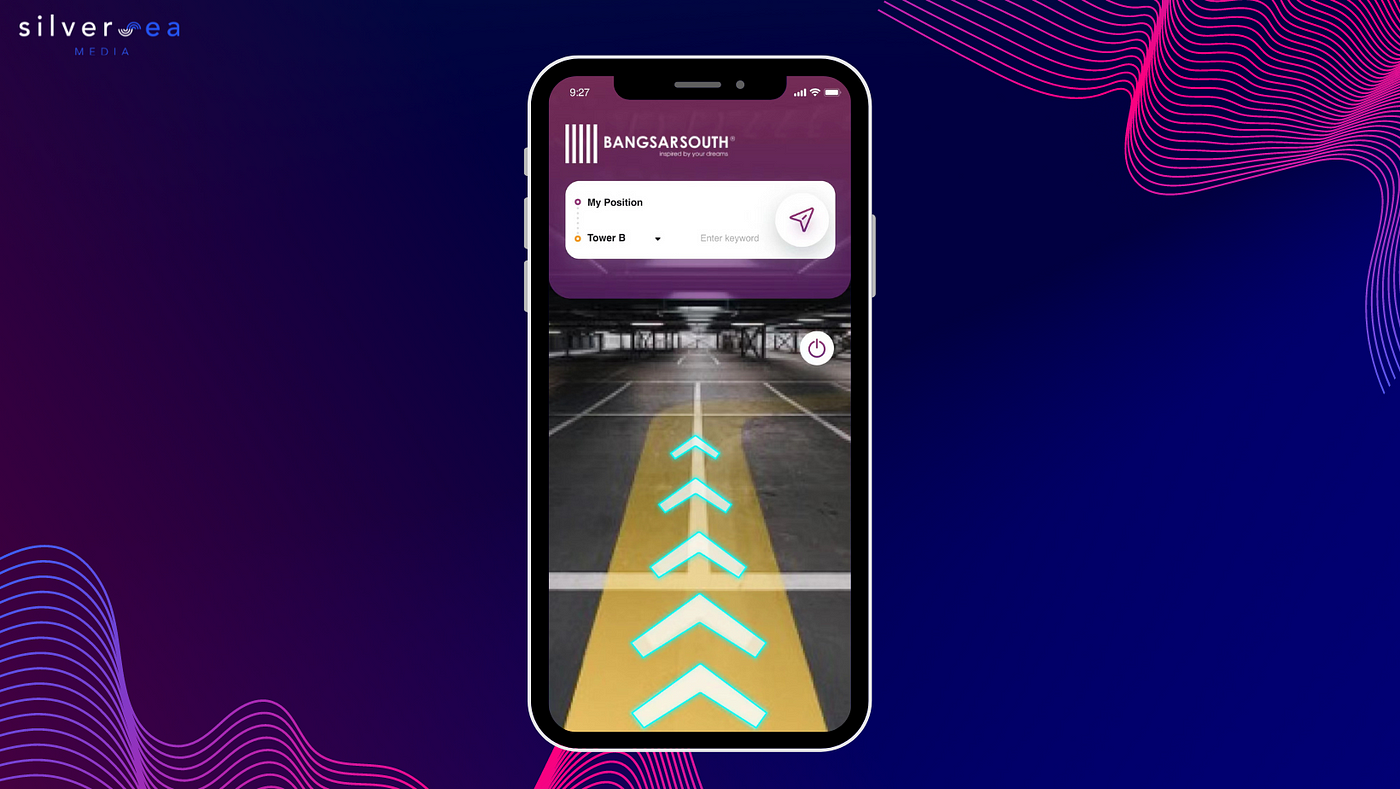
Whether employing AR technology to overlay directions and points of interest onto real-time camera views or empowering guests to engage with far-off spaces from the comfort of their own space, you can incorporate delightful 3D graphics to elevate each step into an enjoyable experience.
Make the wayfinding tours accessible through invitation emails, your website, or QR codes at your facility entrance. This ensures that visitors can easily access and navigate your facility using their mobile devices.
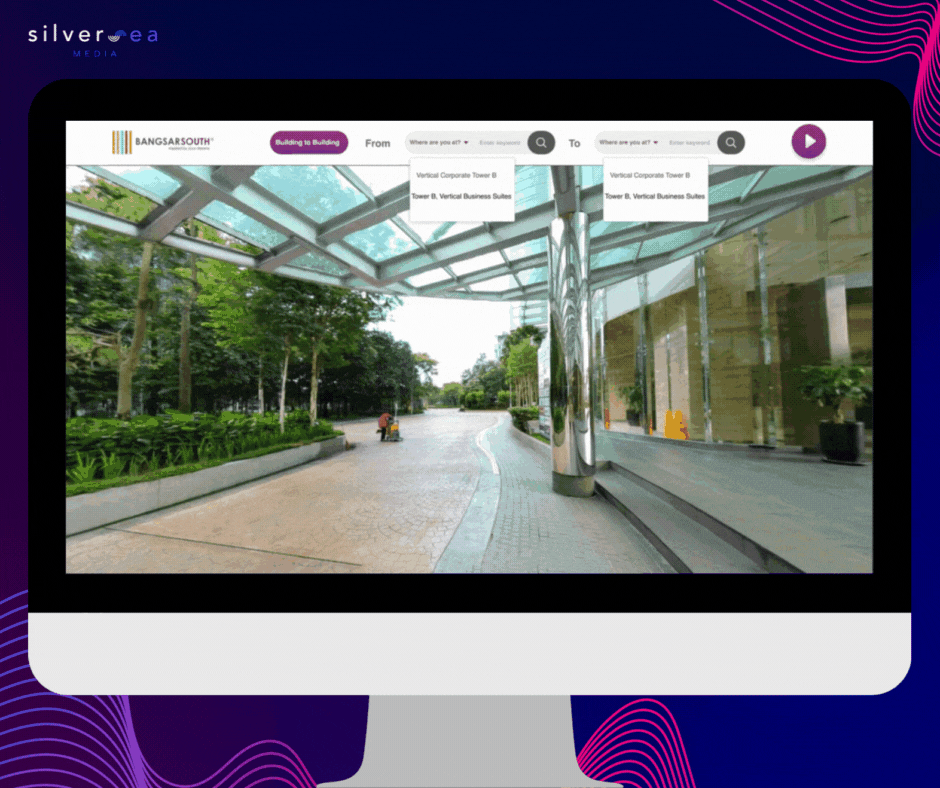
3. Game-inspired Elements
Guests can engage in interactive and location-based AR games tailored to the hotel’s environment, encouraging exploration and interaction with various amenities. Whether it’s a treasure hunt through the premises, interactive storytelling, or collaborative challenges, AR games in hotels add an extra layer of enjoyment, making the stay comfortable and alluring for visitors of all ages.
4. Enhanced Entertainment
Immersive technology opens up new dimensions for guest entertainment, delivering unparalleled interactivity. For example, on-site restaurants can leverage AR to turn their menus into engaging experiences, allowing visitors to read them in their preferred language, receive drink suggestions, and observe the chef’s culinary process.
Yet, the potential of hotels goes beyond just AR. Extended reality (XR) emerges as a game-changer, introducing attractions like interactive displays in lobbies or reception areas, engaging guests with personalized suggestions, enticing promotions, and captivating entertainment content. Moreover, hotels can delve into the realm of virtual reality, utilizing it to spotlight the unique history of their brand and the surrounding locale. Virtual reality has the power to immerse guests in the historical narrative of the property, sharing tales of the hotel, the area, and the lifestyle at the time the property was built.
5. Empower Your Team with VR Hotel Staff Training
In addition to enhancing guest experiences, immersive technology offers a powerful tool for training and cultivating skills among hospitality industry staff. Through VR simulations, employees can engage in hands-on and interactive training sessions that recreate real-life scenarios without any associated risks.
For instance, VR can facilitate training for front-desk personnel, equipping them to adeptly manage diverse guest situations or enable kitchen staff to refine their culinary techniques in a virtual culinary arena. This innovative approach helps to elevate staff competence and confidence.
VR training proves exceptionally valuable in improving soft skills, as it allows staff to practice essential abilities like active listening and conflict resolution within a secure and controlled setting. Here, their reactions to various scenarios can be evaluated and honed. This has been demonstrated ultimately to lead to better results for guests and teams of staff.

Taking Hilton as an example, using Oculus has been integrated into their staff training program to enhance empathy and soft skills. Their internal research has revealed that a significant 87% of staff exhibited modifications in their behavior following VR empathy training. Likewise, Best Western Hotels experienced noteworthy outcomes. After incorporating VR scenario training for front-desk employees, the chain witnessed a 71% reduction in customer complaints, alongside a 20% increase in overall customer satisfaction.
Wrap-up
In the dynamic landscape of the hospitality industry, immersive technology has emerged as a transformative force, reshaping how guests experience and engage with their surroundings. Virtual tours allow guests to explore rooms, facilities, and attractions before booking, creating an engaging preview of their upcoming stay. Moreover, by integrating enhanced entertainment through gamification and interactive storytelling, hotels can foster lasting memories for guests and enrich their overall stay.
Beyond guest-centric enhancements, the influence of immersive technology extends to staff training through virtual simulations and controlled environments. This novel approach empowers employees to improve their skills and ensure top-notch service delivery, ultimately leading to higher customer satisfaction.
As the industry embraces these innovative applications, immersive technology is poised to redefine the hospitality landscape, ushering in a new era of engagement, seamless navigation, and elevated service standards. Now is the time to seize the opportunity to position your brand as a trailblazer, drawing in tech-savvy travelers actively seeking extraordinary and unforgettable experiences.
Create unforgettable immersive hotel moments with Silversea Media Group: https://silversea-media.com/




